
Deutsch-Chinesische Enzyklopädie, 德汉百科
 欧洲足球锦标赛 2016
欧洲足球锦标赛 2016
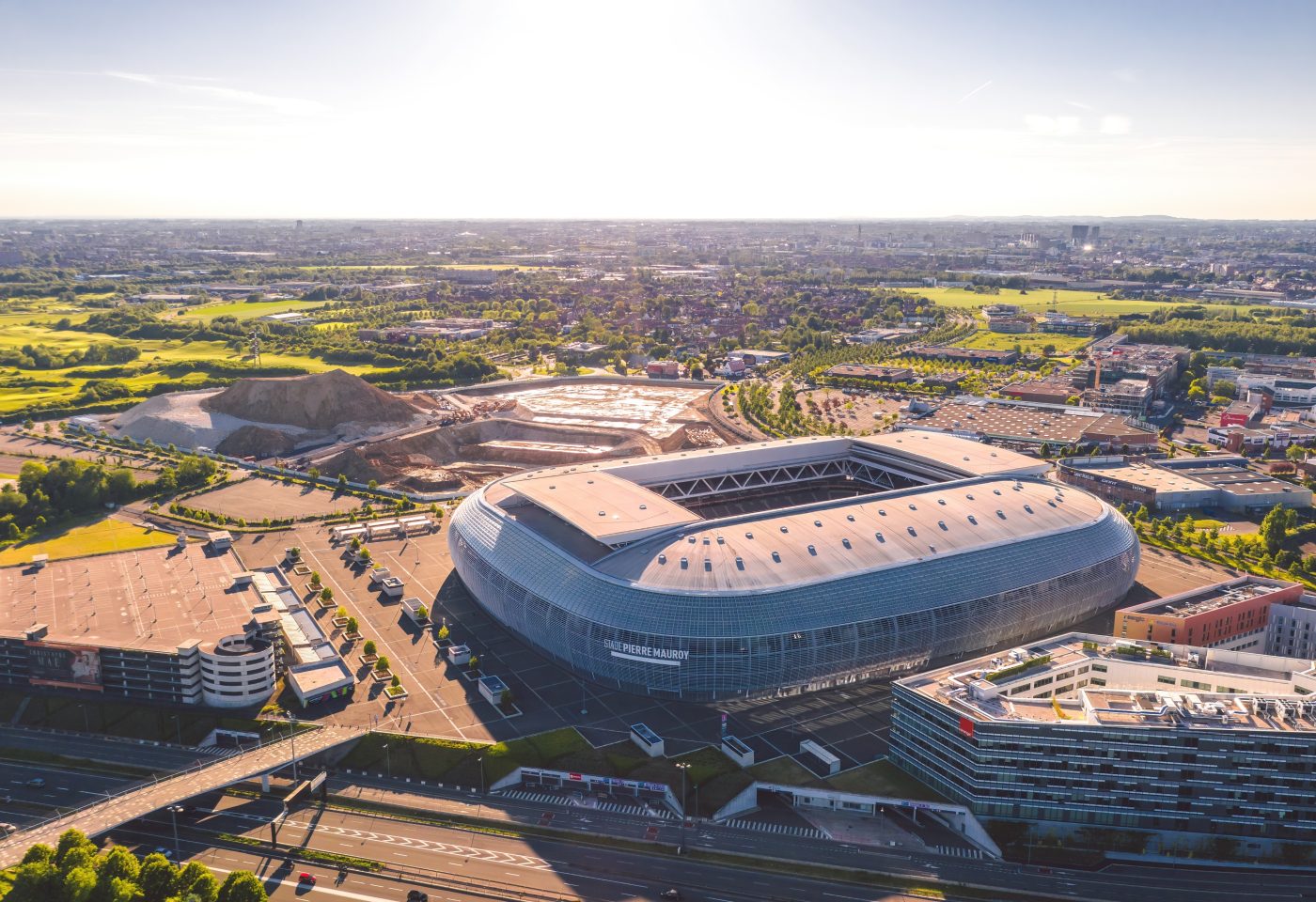

Heimspielbetrieb OSC Lille (seit 2012) Veranstaltungen Supercross Paris-Bercy (Motocross, seit 2014) Finale im Davis Cup 2014 Basketball-Europameisterschaft 2015 Fußball-Europameisterschaft 2016 Handball-Weltmeisterschaft der Männer 2017 Finale im Davis Cup 2017 Rugby-Union-Weltmeisterschaft 2023 Endspiel des Coupe de France 2023/24 Olympische Sommerspiele 2024 (Handball, Basketball) Konzerte


Veranstaltungen Fußball-Weltmeisterschaft 1938 Rugby-League-Weltmeisterschaft 1954 Fußball-Europameisterschaft 1960 UCI-Bahn-Weltmeisterschaften 1972 Rugby-League-Weltmeisterschaft 1972 Rugby-League-Weltmeisterschaft 1975 Fußball-Europameisterschaft 1984 Fußball-Weltmeisterschaft 1998 Rugby-Union-Weltmeisterschaft 2007 Endspiel im European Challenge Cup 2009/10 Fußball-Europameisterschaft 2016 Tour de France 2017 Endspiel im European Rugby Champions Cup 2019/20 Endspiel im European Challenge Cup 2019/20 Rugby-Union-Weltmeisterschaft 2023 Konzerte
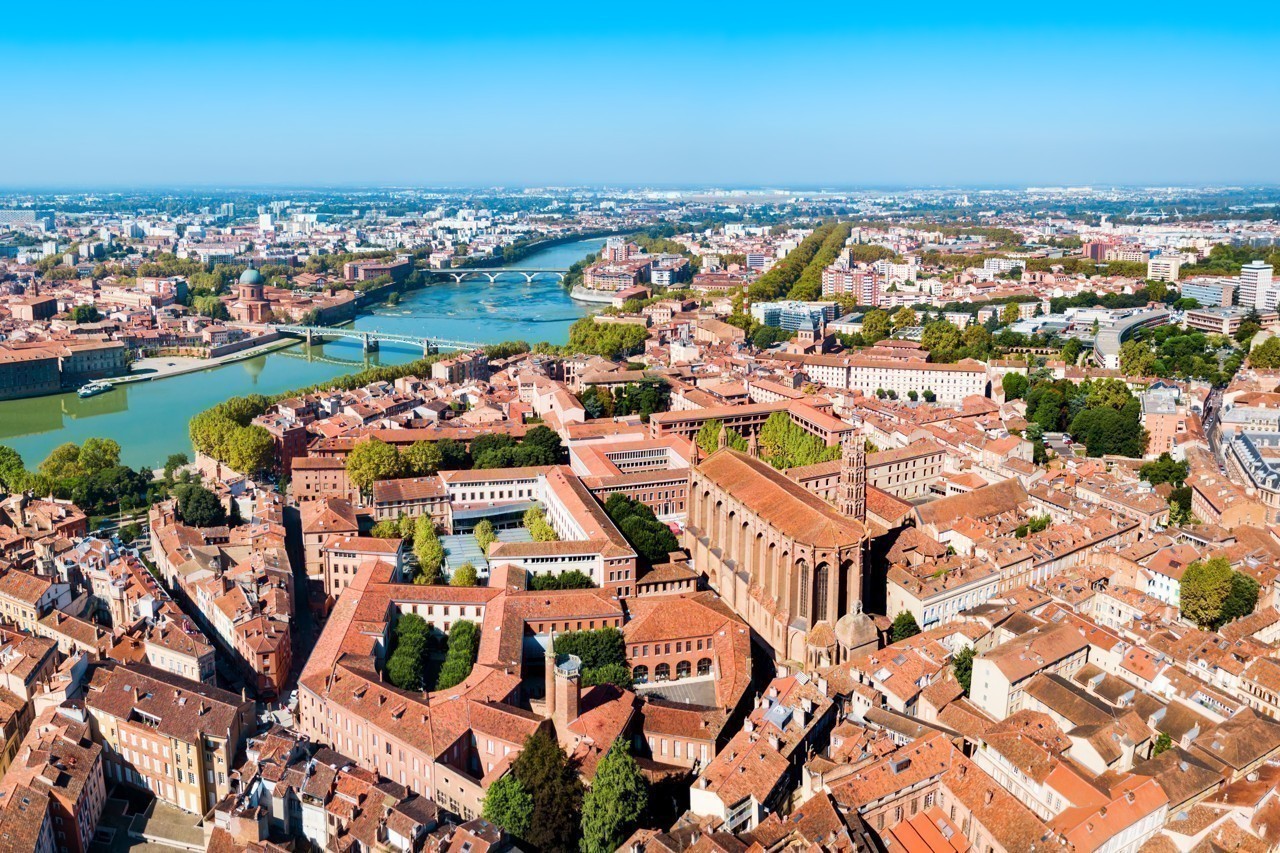
图卢兹(法语:Toulouse)位于法国西南部加龙河畔,大致处于大西洋和地中海之间的中点,为上加龙省、欧西坦尼亚大区首府,距巴黎590公里(366英里)。截至2013年1月1日,图卢兹大市拥有1,291,517居民,是法国第四大城市,仅次于巴黎(1210万),里昂 (210万),和马赛(170万)。[4]
图卢兹是欧洲航天产业的基地,空中客车、伽利略定位系统、SPOT卫星的总部,法国国家太空研究中心的图卢兹航天中心(CST),欧洲最大的航天中心都位于这里[5]。欧洲最大卫星制造商泰雷兹阿莱尼亚宇航公司,和EADS公司的子公司EADS Astrium Satellites也是图卢兹的重要存在。著名的图卢兹大学创办于1229年,是欧洲最古老的大学之一,有超过97,000的学生,与里尔并列法国第三大大学校园,仅次于巴黎大学和里昂大学。[6]
图卢兹是前朗格多克省的首府(省级区划在法国大革命期间被取消)。现在它是南-比利牛斯大区的首府,该区是法国本土最大的地区。它也是上加龙二级行政区的首府。
トゥールーズ(トゥルーズ、Toulouse 発音例, オック語:Tolosa 発音: [tuˈluzɔ])は、フランスの南西部に位置するコミューンで、オクシタニー地域圏の首府、オート=ガロンヌ県の県庁所在地である。
Toulouse ([tuluːz] okzitanisch Tolosa [tuˈluzɔ]; deutsch veraltet: Tholosen) ist eine Stadt in Südfrankreich am Fluss Garonne.
In der Kernstadt lebten (Stand: 1. Januar 2015) 471.941 Einwohner, im Ballungsgebiet 920.402 Einwohner und in der gesamten Metropolregion 1.291.517 Einwohner – damit ist Toulouse die viertgrößte Stadt Frankreichs.
Toulouse ist die Hauptstadt der Verwaltungsregion Okzitanien sowie Verwaltungssitz des Départements Haute-Garonne. Bis zur Französischen Revolution war die Stadt offizielle Hauptstadt der Provinz Languedoc. Im Mittelalter war sie Hauptstadt der Region Okzitanien.
Toulouse (/tuːˈluːz/;[4] French: [tuluz] (![]() listen); Occitan: Tolosa [tuˈluzɔ], Latin: Tolosa) is the capital of the French department of Haute-Garonne and of the region of Occitanie. The city is on the banks of the River Garonne, 150 kilometres (93 miles) from the Mediterranean Sea, 230 km (143 mi) from the Atlantic Ocean and 680 km (420 mi) from Paris. It is the fourth-largest city in France, with 466,297 inhabitants as of January 2014. In France, Toulouse is called the "Pink City" (La Ville Rose).
listen); Occitan: Tolosa [tuˈluzɔ], Latin: Tolosa) is the capital of the French department of Haute-Garonne and of the region of Occitanie. The city is on the banks of the River Garonne, 150 kilometres (93 miles) from the Mediterranean Sea, 230 km (143 mi) from the Atlantic Ocean and 680 km (420 mi) from Paris. It is the fourth-largest city in France, with 466,297 inhabitants as of January 2014. In France, Toulouse is called the "Pink City" (La Ville Rose).
The Toulouse Metro area, with 1,312,304 inhabitants as of 2014, is France's fourth-largest metropolitan area, after Paris, Lyon and Marseille, and ahead of Lille and Bordeaux.
Toulouse is the centre of the European aerospace industry, with the headquarters of Airbus (formerly EADS), the Galileo positioning system, the SPOT satellite system, ATR and the Aerospace Valley. It also hosts the European headquarters of Intel and CNES's Toulouse Space Centre (CST), the largest space centre in Europe.[5] Thales Alenia Space, ATR, SAFRAN, Liebherr-Aerospace and Astrium Satellites also have a significant presence in Toulouse.
The University of Toulouse is one of the oldest in Europe (founded in 1229) and, with more than 103,000 students, it is the fourth-largest university campus in France, after the universities of Paris, Lyon and Lille.[6]
The air route between Toulouse–Blagnac and Paris Orly is the busiest in Europe, transporting 2.4 million passengers in 2014.[7] According to the rankings of L'Express and Challenges, Toulouse is the most dynamic French city.[8][9][10]
The city was the capital of the Visigothic Kingdom in the 5th century and the capital of the province of Languedoc in the Late Middle Ages and early modern period (provinces were abolished during the French Revolution), making it the unofficial capital of the cultural region of Occitania (Southern France). It is now the capital of the Occitanie region, the second largest region in Metropolitan France.
A city with unique architecture made of pinkish terracotta bricks, which earned it the nickname la Ville Rose ("the Pink City"), Toulouse counts two UNESCO World Heritage Sites, the Canal du Midi (designated in 1996 and shared with other cities), and the Basilica of St. Sernin, the largest remaining Romanesque building in Europe,[11] designated in 1998 because of its significance to the Santiago de Compostela pilgrimage route.
Toulouse est une commune du Sud-Ouest de la France. Capitale pendant près de cent ans du royaume wisigoth1 et capitale historique du Languedoc2, elle est aujourd'hui le chef-lieu de la région Occitanie, du département de la Haute-Garonne, et est le siège de Toulouse Métropole3. Elle était également la préfecture de l'ancienne région Midi-Pyrénées jusqu'à sa disparition au 1er janvier 2016.
Avec 471 941 habitants au 1er janvier 20154, Toulouse est la quatrième commune la plus peuplée de France après Paris, Marseille et Lyon, ayant gagné 101 000 habitants au cours des 47 dernières années (1968-2015). Ses habitants sont appelés les Toulousains. L'aire urbaine de Toulouse regroupe 1 330 954 habitants en 20155, ce qui en fait aussi la quatrième du pays. Avec 948 433 habitants en 2015, l'agglomération est la cinquième, derrière celle de Lille et devant celles de Nice et de Bordeaux.
Ville à l'architecture caractéristique des cités du Midi de la France6,7, Toulouse est surnommée la « ville rose » en raison de la couleur du matériau de construction traditionnel local, la brique de terre cuite. Le développement de la culture de la violette de Toulouse au XIXe siècle en fait un emblème de la ville et lui vaut le surnom de « cité des violettes ». Elle est aussi, beaucoup plus rarement, surnommée la « cité Mondine » (la Ciutat Mondina en occitan), en référence à la dynastie des comtes de la ville, souvent nommés Raymond8.
Reliant Toulouse à Sète, le canal du Midi est inscrit au patrimoine mondial de l'Unesco depuis 1996. La basilique Saint-Sernin, plus grand édifice roman d'Europe, y est également inscrite depuis 1998 au titre des chemins de Saint-Jacques de Compostelle.
Toulouse est la capitale européenne de l'industrie aéronautique et spatiale avec les sites d'Airbus et de sa maison mère Airbus Group. Elle compte plus de 100 000 étudiants9 et selon L'Express il s'agissait de la ville la plus dynamique de France en 200910. Le magazine économique Challenges renouvelle ce titre en 201211 et 201512.
Le sport emblématique de Toulouse est le rugby à XV, son club du Stade toulousain détenant le plus riche palmarès sur le plan national comme sur le plan continental, avec 19 titres de champion de France et 4 titres de champion d'Europe.
Le cassoulet, la saucisse et la violette sont les spécialités emblématiques de la gastronomie toulousaine.
Tolosa (AFI: /toˈloza/[2]; in francese Toulouse, in occitano Tolosa) è una città della Francia, capoluogo della regione Occitania (dipartimento dell'Alta Garonna).
Attraversata dalla Garonna, è situata nella regione sudoccidentale del Paese, a circa 100 km di distanza dai Pirenei spagnoli e più o meno a metà strada tra l'Oceano Atlantico e il Mar Mediterraneo. Si tratta della quarta città più popolosa del Paese dopo Parigi, Marsiglia e Lione. Secondo il censimento del 2014, la città di Tolosa conta 466.297 abitanti (contro i 390.350 nel 1999), che arrivano a 1.312.304 (contro i 964.797 nel 1999) nella sua area metropolitana anche la quarta più popolosa del paese (INSEE). Il territorio comunale della città si estende su una superficie di 118,3 km².
Centro culturale dell'Occitania, ha ricevuto l'appellativo di Città Rosa per il colore dominante degli antichi edifici e possiede due siti iscritti al Patrimonio dell'umanità dell'UNESCO, la basilica romanica di Saint-Sernin (più grande edificio romanico d'Europa) e il Canal du Midi. I suoi abitanti si chiamano tolosani (Toulousains) e il simbolo che appare sulla bandiera della città è la croce occitana. Il motto della città è, in occitano, Per Tolosa totjorn mai (Per Tolosa, sempre di più).
Toulouse5 (pronunciado en francés ![]() [tuˈluz] (?·i); en occitano y tradicionalmente en español: Tolosa, y también nombrada como Ciutat Mondina, en occitano, en referencia a la dinastía de los Condes de la ciudad llamados Raymond en su mayoría6) es una ciudad del sur de Francia, capital del departamento del Alto Garona y de la región Occitania, así como la capital histórica de la provincia del Languedoc. Con 458 298 habs. en 2013 es la cuarta más poblada del país, por detrás de París, Marsella y Lyon.7
[tuˈluz] (?·i); en occitano y tradicionalmente en español: Tolosa, y también nombrada como Ciutat Mondina, en occitano, en referencia a la dinastía de los Condes de la ciudad llamados Raymond en su mayoría6) es una ciudad del sur de Francia, capital del departamento del Alto Garona y de la región Occitania, así como la capital histórica de la provincia del Languedoc. Con 458 298 habs. en 2013 es la cuarta más poblada del país, por detrás de París, Marsella y Lyon.7
Su área urbana, con 1 312304 habitantes,8 es también la cuarta mayor de Francia y la primera en crecimiento demográfico. Es atravesada por el río Garona (en francés: Garonne) y en su casco urbano (Port de l'Embouchure) se produce la confluencia de los canales de Midi, Brienne y lateral de la Garona. Está localizada al suroeste del país , entre el Mediterráneo (Gruissan) y el océano Atlántico (Capbreton), a 90 km de los Pirineos españoles.
Recibe el apodo de Ciudad Rosa por el color dominante en los edificios antiguos, hechos con ladrillos caravista. Su altitud promedio es de 141 metros, el relieve es poco accidentado.
Тулу́за (фр. Toulouse [tuˈluz] ![]() слушать, местн. [tuˈluzə]
слушать, местн. [tuˈluzə] ![]() слушать, окс. Tolosa [tuˈluzɔ], лат. Tolosa, кат. Tolosa de Llenguadoc) — город на юге Франции, столица региона Окситания и префектура (административный центр) департамента Верхняя Гаронна и округа Тулуза. Один из самых крупных культурных, научных и промышленных центров Франции; четвёртый по населению (466.297 человек, 2014) город после Парижа, Марселя и Лиона. Девиз — Per Tolosa totjorn mai с ок. — «Всего больше для Тулузы».
слушать, окс. Tolosa [tuˈluzɔ], лат. Tolosa, кат. Tolosa de Llenguadoc) — город на юге Франции, столица региона Окситания и префектура (административный центр) департамента Верхняя Гаронна и округа Тулуза. Один из самых крупных культурных, научных и промышленных центров Франции; четвёртый по населению (466.297 человек, 2014) город после Парижа, Марселя и Лиона. Девиз — Per Tolosa totjorn mai с ок. — «Всего больше для Тулузы».
 欧洲足球锦标赛 2016
欧洲足球锦标赛 2016
 欧洲足球锦标赛 2020
欧洲足球锦标赛 2020
 A组
A组

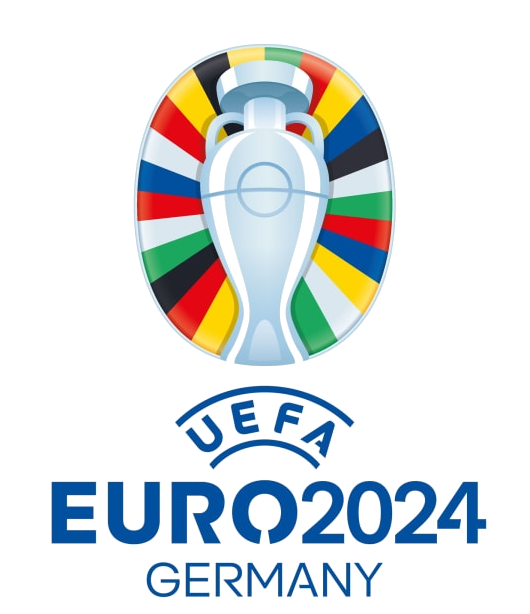 欧洲足球锦标赛 2024
欧洲足球锦标赛 2024

 体育
体育
 (F)欧洲足球锦标赛
(F)欧洲足球锦标赛

 体育
体育
 (F)欧洲足联国家联赛
(F)欧洲足联国家联赛

 体育
体育
 (F)奥林匹克运动会足球比赛
(F)奥林匹克运动会足球比赛
 捷克
捷克
 欧洲足联国家联赛
欧洲足联国家联赛
 联赛B - 小组1
联赛B - 小组1
 国际足球联合会
国际足球联合会
 欧洲足球锦标赛 2016
欧洲足球锦标赛 2016
 欧洲足球锦标赛 2020
欧洲足球锦标赛 2020

 欧洲足球锦标赛 2024
欧洲足球锦标赛 2024
 瑞士
瑞士

 体育
体育
 (F)国际足球联赛
(F)国际足球联赛

 体育
体育
 (F)欧洲足球锦标赛
(F)欧洲足球锦标赛

 体育
体育
 (F)欧洲女子足球冠军联赛
(F)欧洲女子足球冠军联赛

 体育
体育
 (F)欧洲青年足球联赛
(F)欧洲青年足球联赛

 体育
体育
 (F)欧洲室内足球杯
(F)欧洲室内足球杯

 体育
体育
 (F)欧洲足联国家联赛
(F)欧洲足联国家联赛
 欧洲足球俱乐部冠军联赛 2015/16
欧洲足球俱乐部冠军联赛 2015/16
 欧洲足球俱乐部冠军联赛 2016/17
欧洲足球俱乐部冠军联赛 2016/17
 欧洲足球俱乐部冠军联赛 2017/18
欧洲足球俱乐部冠军联赛 2017/18
 欧洲足球俱乐部冠军联赛 2018/19
欧洲足球俱乐部冠军联赛 2018/19
 欧洲足球俱乐部冠军联赛 2019/20
欧洲足球俱乐部冠军联赛 2019/20
 欧洲足球俱乐部联赛2017/18
欧洲足球俱乐部联赛2017/18
 欧洲足球俱乐部联赛2018/19
欧洲足球俱乐部联赛2018/19
 欧洲足球俱乐部联赛2019/20
欧洲足球俱乐部联赛2019/20
 欧洲足球协会联盟
欧洲足球协会联盟
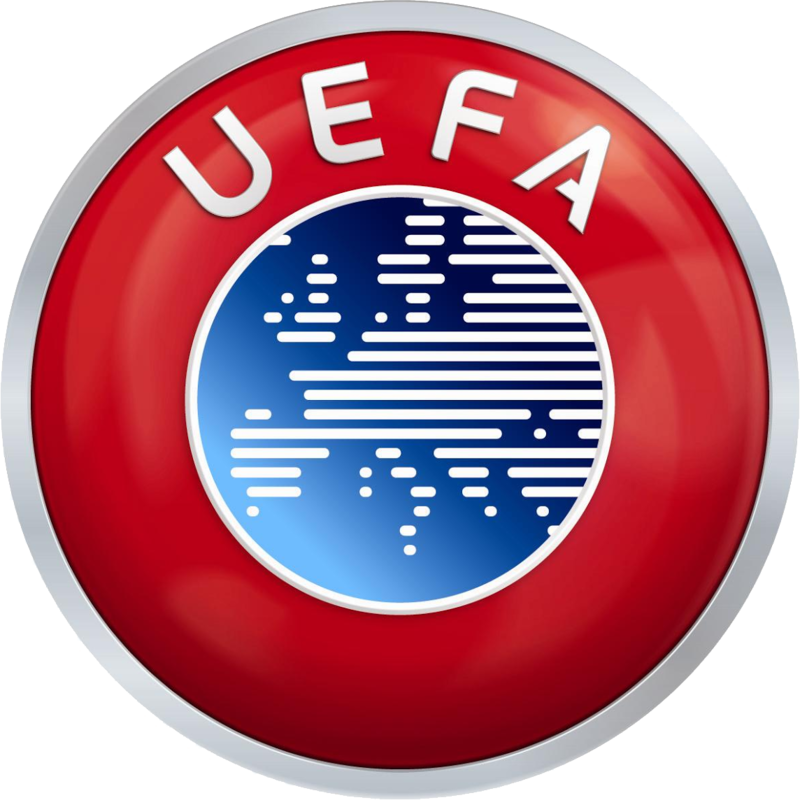
Die Union of European Football Associations (offiziell französisch Union des Associations Européennes de Football[1] [ˈɥɛfa]; deutsch Union Europäischer Fußballverbände [uˈeːfa] genannt), kurz UEFA [juːˈeɪfə], ist der europäische Fußballverband. Die UEFA ist ein gemeinnütziger Verein[2][3][4] im Sinne der Artikel 60 ff.[5] des Schweizerischen Zivilgesetzbuches[6] und im Handelsregister eingetragen.
Die UEFA ist eine der sechs Kontinental-Konföderationen des Weltfußballverbandes FIFA und umfasst 55 nationale Fußballverbände einzelner Länder und Gebiete, die nicht alle innerhalb der geografischen Grenzen Europas liegen.
欧洲足球联合会联盟(英语:Union of European Football Associations,首字母缩写为UEFA),官方简称欧洲足联或欧足联,港澳地区简称欧洲足协,台湾简称欧洲足总[3][4],是负责管理欧洲区各项足球事务,并代表欧洲的足球机构(包括所有的欧洲国家以及俄罗斯、土耳其、以色列、格鲁吉亚、亚美尼亚、阿塞拜疆、塞浦路斯和哈萨克等亚洲或跨欧亚两洲的国家)。
欧足联是国际足联底下六个洲别足球联会之一。由于世界上许多顶尖球员因为欧洲五大足球联赛(英超、西甲、德甲、意甲、法甲)的高竞技水平和高薪和而齐聚于欧洲,使得欧足联在世界上的影响力高居六大足联之首。世界上许多足球强国也均是欧足联的成员国,在2006年世界杯32强中,有14支国家队来自欧洲,在国际足联世界排名中,也有13个国家排在前20名。
欧洲足联于1954年6月15日在瑞士巴塞尔成立,成立时总部设于法国巴黎,1959年移往瑞士伯尔尼。埃贝·施瓦泽(Ebbe Schwartz)成为第一任欧洲足联主席,而欧洲足球锦标赛创办人亨利·德劳内(Henri Delaunay)则为秘书长。1995年总部移至瑞士尼永。成立之初只有25个成员协会,目前欧洲足联已有55个成员协会。现任主席是亚历山大·切费林(Aleksander Čeferin)。
欧州サッカー連盟(おうしゅうサッカーれんめい、英: Union of European Football Associations、仏: Union des associations européennes de football[4][5])は、ヨーロッパの各国・地域サッカー協会を統括する、国際サッカー連盟(FIFA)傘下のサッカーの大陸連盟である。
頭字語(略称)のUEFA(日本語発音:ウエファ、英語発音: [juːˈeifə] ユーエイファ)で呼ばれることが多い。
UEFAは、イタリア、フランス、ベルギー協会間での協議の後、1954年6月15日にスイスのバーゼルで設立された。当初は、25の協会からなっていたが、1990年代初めまでに加盟協会は倍に増加した。ヨーロッパの全ての主権国の協会がUEFAの会員となっているわけではないが、非会員の国家は全てミニ国家である。以前はアジアサッカー連盟(AFC)に加盟していたいくつかのアジアの国も、政治的理由などによりUEFAへの加盟が認められている(イスラエル(政治的理由)とカザフスタンはAFCから転籍した)。
UEFA本部は1959年までは、フランスのパリに位置し、後にスイスのベルンに移転。1995年から、同じくスイスのニヨンへ移転した。
The Union of European Football Associations (UEFA /juːˈeɪfə/ yoo-AY-fə; French: Union des Associations Européennes de Football;[a] German: Vereinigung Europäischer Fußballverbände)[b] is the administrative body for association football, futsal and beach soccer in Europe, although several member states are primarily or entirely located in Asia. It is one of six continental confederations of world football's governing body FIFA. UEFA consists of 55 national association members.
UEFA represents the national football associations of Europe, runs nation and club competitions including the UEFA European Championship, UEFA Nations League, UEFA Champions League, UEFA Europa League, and UEFA Super Cup, and controls the prize money, regulations, and media rights to those competitions.
Henri Delaunay was the first general secretary and Ebbe Schwartz the first president. The current president is Aleksander Čeferin, a former Football Association of Slovenia president, who was elected as UEFA's seventh president at the 12th Extraordinary UEFA Congress in Athens in September 2016, and automatically became a vice-president of the world body FIFA.[3]
L'Union des associations européennes de football, plus connue sous son sigle UEFA (correspondant à son nom en anglais Union of European Football Associations, parfois traduit en « Union européenne de Football-Association ») est une association regroupant et représentant les fédérations nationales de football d'Europe.
Fondée en 1954, l'UEFA a pour rôle de gérer et développer le football à l'échelon continental, sous l'égide de la FIFA. Elle organise et administre les principales compétitions continentales, qu'elles soient destinées aux sélections, comme le Championnat d'Europe et la Ligue des nations, ou aux clubs, comme la Ligue des champions, la Ligue Europa et la Supercoupe de l'UEFA. Elle est aussi responsable des compétitions de football féminin.
L'UEFA rassemble 55 fédérations depuis l'admission du Kosovo en 2016. Basée en Suisse depuis 1959, c'est une association au sens du droit suisse, neutre sur le plan politique et religieux. Son président actuel est le juriste slovène Aleksander Čeferin, élu le 14 septembre 2016 après l'intérim de onze mois de l'ancien footballeur espagnol Ángel María Villar Llona qui remplaçait alors Michel Platini, suspendu par la Commission d'éthique de la FIFA.
La Union of European Football Associations (in italiano: Unione delle associazioni calcistiche europee, in francese: Union des associations européennes de football),[1] meglio nota con l'acronimo di UEFA, è l'organo amministrativo, organizzativo e di controllo del calcio europeo con sede a Nyon (Svizzera).
La Unión de Asociaciones Europeas de Fútbol1 (en francés, Union des Associations Européennes de Football),2 referida comúnmente por su acrónimo UEFA, es la confederación europea de asociaciones nacionales de fútbol y máximo ente de este deporte en el continente. Agrupa en la actualidad a 55 asociaciones y es una de las seis confederaciones pertenecientes a la Federación Internacional de Fútbol Asociación (FIFA), máximo rector en el mundo.3
Fundada el 15 de junio de 1954, su sede central se encuentra en Nyon, Suiza, y es la encargada de organizar los distintos campeonatos de naciones de Europa, además de promover, desarrollar, controlar y velar por el fútbol, sus cometidos, finanzas, reglamentos y medios del mismo, siendo la Eurocopa, oficialmente Campeonato de Europa de Naciones, su principal torneo masculino, y la Eurocopa Femenina, oficialmente Campeonato de Europa Femenino, su homólogo de mujeres. De igual modo es quien trata las diferentes cuestiones de las federaciones nacionales del territorio europeo, así como su fútbol de formación organizando también competiciones para dichas categorías conformando un total de 15 torneos entre todas las disciplinas.4
Es la asociación continental más laureada del ámbito FIFA pues suma entre todas las selecciones de sus miembros un total de 223 títulos oficiales, donde destacan 41 títulos mundiales, además de ser la más reconocida.n 1 Entre ellas destaca Alemania (DFB),5 que es de ser la más galardonada de Europa con 34 títulos; España (RFEF), que es su miembro más premiado en el continente con 29 títulos6n 2; y Francia (FFF), que es la vigente campeona del mundo y la más condecorada en competiciones mundiales con seis trofeos.7
La principal competición en lo que se refiere a los clubes es la Liga de Campeones, tanto en categoría masculina —disputada por primera vez en 1955—, como en femenina —establecida en 2001—. En ellas dominan los clubes españoles con 18 títulos y los alemanes con 9 respectivamente.
Es la tercera confederación continental más antigua, y la que más miembros posee siendo el último en incorporarse la Federación de Fútbol de Kosovo (FFK) —como estado parcialmente reconocido internacionalmente— el 3 de mayo de 2016.8
Сою́з европе́йских футбо́льных ассоциа́ций (англ. Union of European Football Associations, сокращённо UEFA, в русской транслитерации УЕФА) — спортивная организация, управляющая футболом в Европе и некоторых западных регионах Азии. Она объединяет национальные футбольные ассоциации европейских стран и организует все европейские соревнования футбольных клубов и сборных команд, а также распределяет доходы от рекламы и трансляций между клубами и национальными ассоциациями, входящими в её состав.
УЕФА — одна из шести континентальных конфедераций, входящих в Международную федерацию футбола (ФИФА), причём УЕФА из них наиболее влиятельна и богата. Почти все сильнейшие футболисты мира играют в Европе из-за того, что именно в ней самые большие зарплаты, особенно в Англии, Франции, Италии, Испании и Германии[1]. Также УЕФА представляют многие сильные сборные мира, что предопределяет большое представительство стран этой конфедерации на мировых первенствах: так, из 32 команд на чемпионате мира 2006 года УЕФА представляли 14.
УЕФА был основан 15 июня 1954 года в Базеле (Швейцария) после консультаций, начатых федерациями футбола Франции, Италии и Бельгии. Первоначально УЕФА насчитывал 25 стран, сейчас их 55. Штаб-квартира УЕФА располагалась в Париже до 1959 года, когда она переехала в Берн. С 1995 года она базируется в швейцарском Ньоне. Первым генеральным секретарём УЕФА был Анри Делоне, а президентом — Эббе Шварц.
УЕФА часто имел конфликты с Еврокомиссией, организовывавшей интересы национальных ассоциаций. В 1990-х годах разногласия касались прав на телетрансляции и особенно трансферного регламента (правило Босмана).
 丹麦
丹麦
 联邦德国
联邦德国
 联邦德国
联邦德国
 联邦德国
联邦德国
 法国
法国
 法国
法国
 欧洲足球锦标赛 2016
欧洲足球锦标赛 2016
 欧洲足球锦标赛 2020
欧洲足球锦标赛 2020

 欧洲足球锦标赛 2024
欧洲足球锦标赛 2024
 希腊
希腊
 意大利
意大利
 荷兰
荷兰
 葡萄牙
葡萄牙
 俄罗斯
俄罗斯
 斯洛伐克
斯洛伐克
 西班牙
西班牙
 西班牙
西班牙
 西班牙
西班牙

 体育
体育
 (F)欧洲足球锦标赛
(F)欧洲足球锦标赛
 捷克
捷克
 欧洲足球协会联盟
欧洲足球协会联盟

Der Henri-Delaunay-Pokal (französisch Coupe Henri Delaunay) ist die Gewinntrophäe der Fußball-Europameisterschaft, die seit 1960 verliehen wird.
Der versilberte EM-Pokal wurde 1960 in Paris von Pierre Delaunay entworfen und vom Goldschmied Adrien Chobillon angefertigt,[1] der seinerseits für den französischen Pokal verantwortlich zeichnete. Er ist etwa zehn Kilogramm schwer und hat eine Höhe von 42,5 Zentimetern. Benannt wurde er nach dem Franzosen Henri Delaunay, dem ersten UEFA-Generalsekretär und „geistigem Vater“ der Fußball-Europameisterschaft.
Die EM-Trophäe bleibt als Wanderpokal in ständigem Eigentum der UEFA. Sollte eine Mannschaft dreimal in Folge oder fünfmal insgesamt Europameister werden, erhält der entsprechende Verband eine originalgetreue Nachbildung der Trophäe vom europäischen Fußballverband.
 欧洲足球锦标赛 2016
欧洲足球锦标赛 2016
 欧洲足球锦标赛 2020
欧洲足球锦标赛 2020
 B组
B组
 欧洲足球锦标赛 2020
欧洲足球锦标赛 2020
 联赛B - 小组1
联赛B - 小组1
 欧洲足球锦标赛 2020
欧洲足球锦标赛 2020
 B组
B组

 欧洲足球锦标赛 2024
欧洲足球锦标赛 2024

 体育
体育
 (F)欧洲足联国家联赛
(F)欧洲足联国家联赛
 欧洲足联国家联赛
欧洲足联国家联赛
 联赛B - 小组1
联赛B - 小组1
 乌克兰
乌克兰
 建筑艺术
建筑艺术
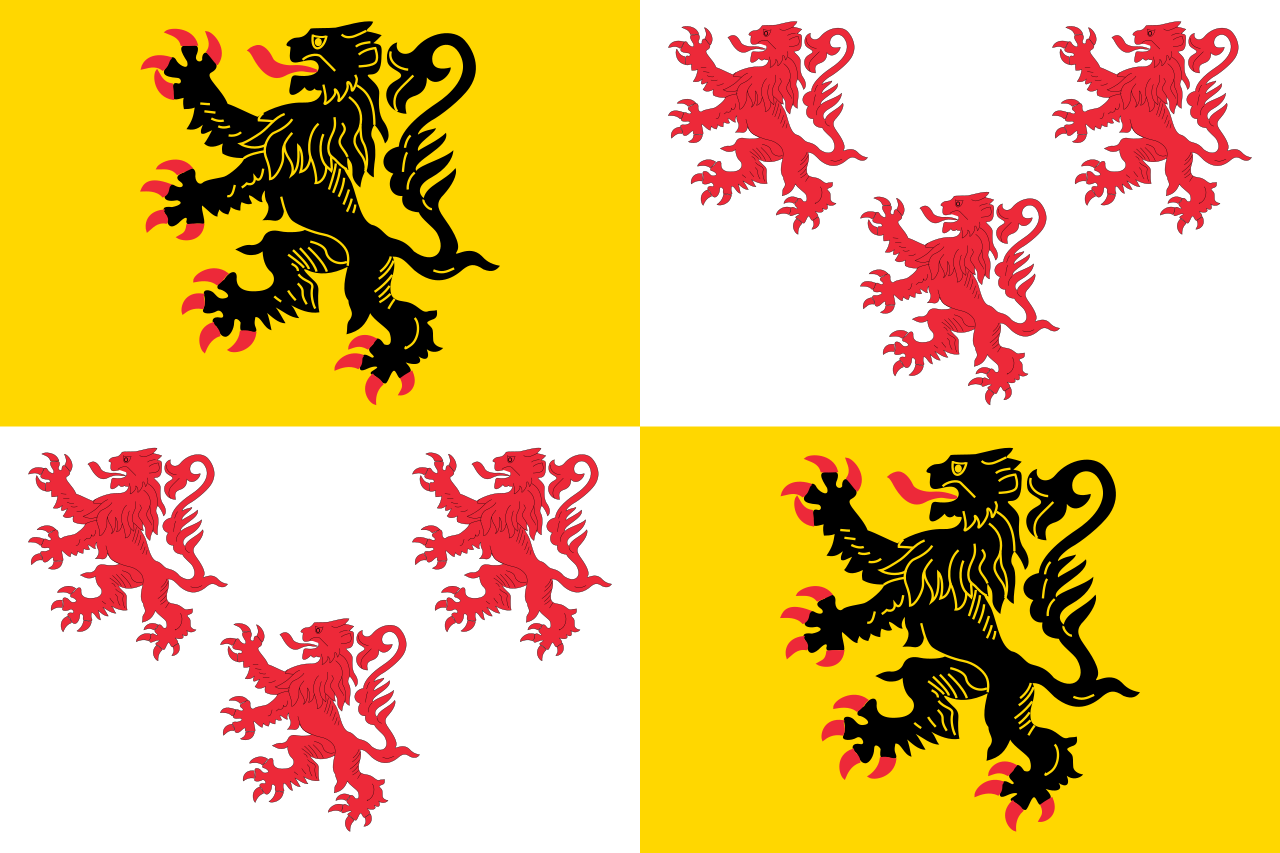 上法兰西大区
上法兰西大区
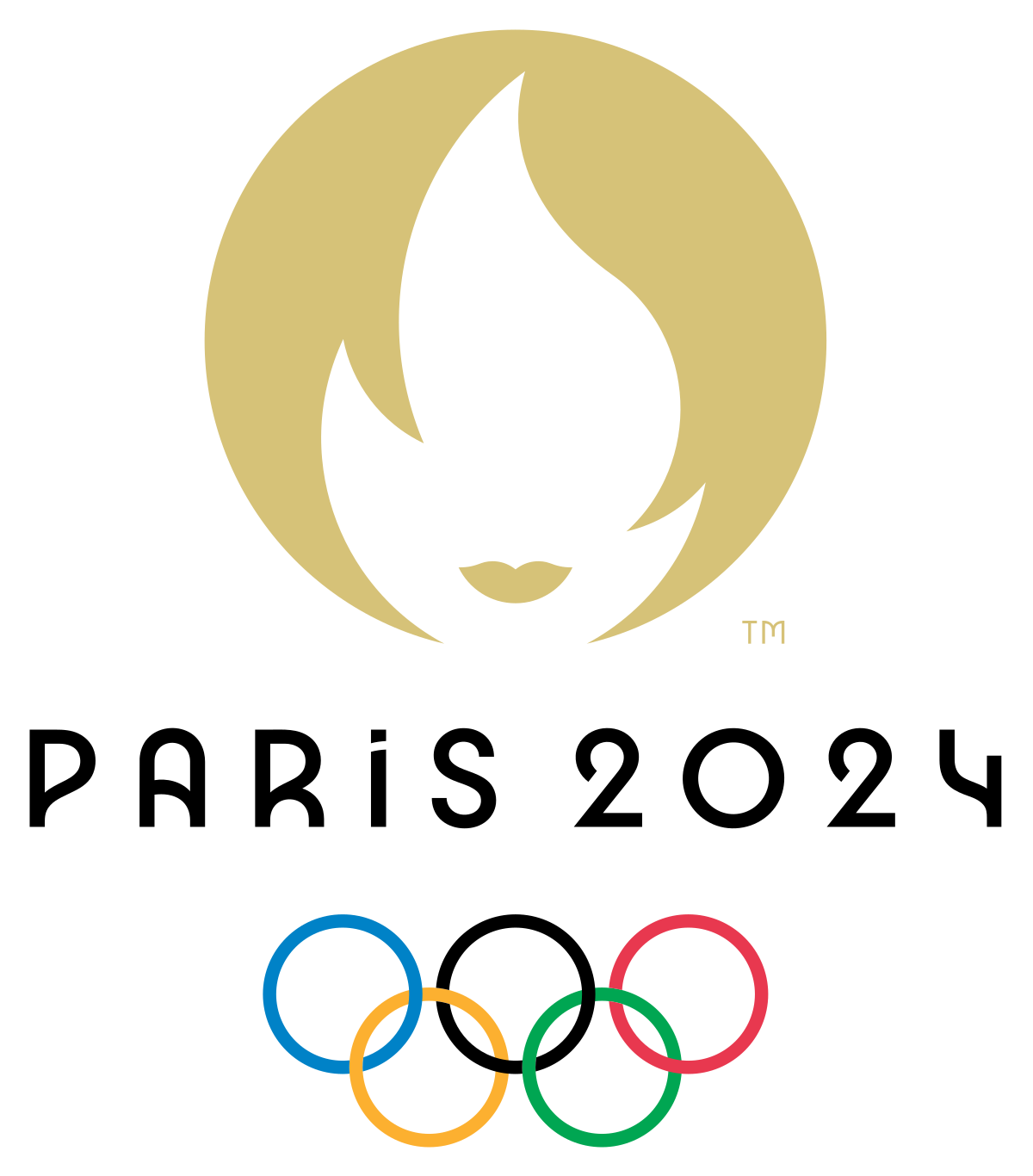 2024夏季奥林匹克运动会
2024夏季奥林匹克运动会
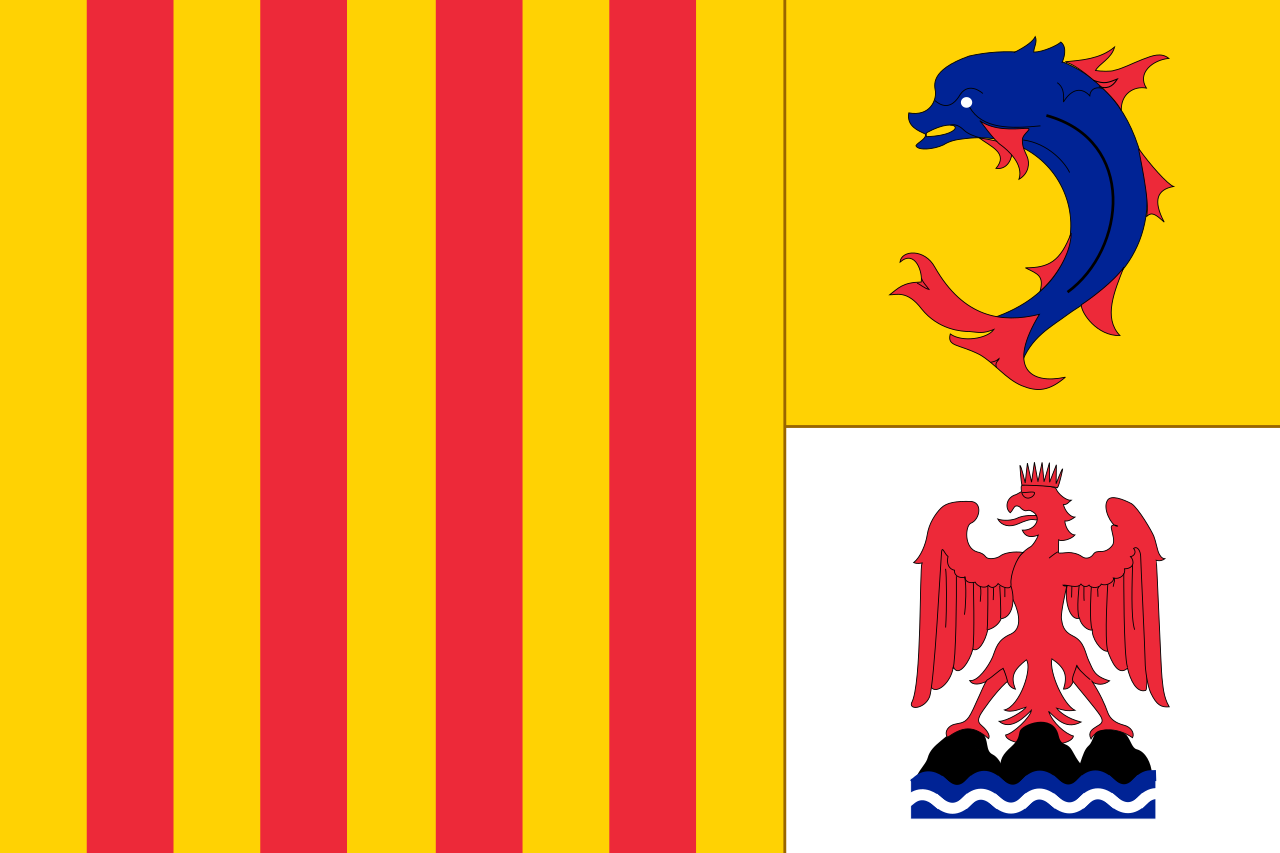 普罗旺斯-阿尔卑斯-蓝色海岸
普罗旺斯-阿尔卑斯-蓝色海岸
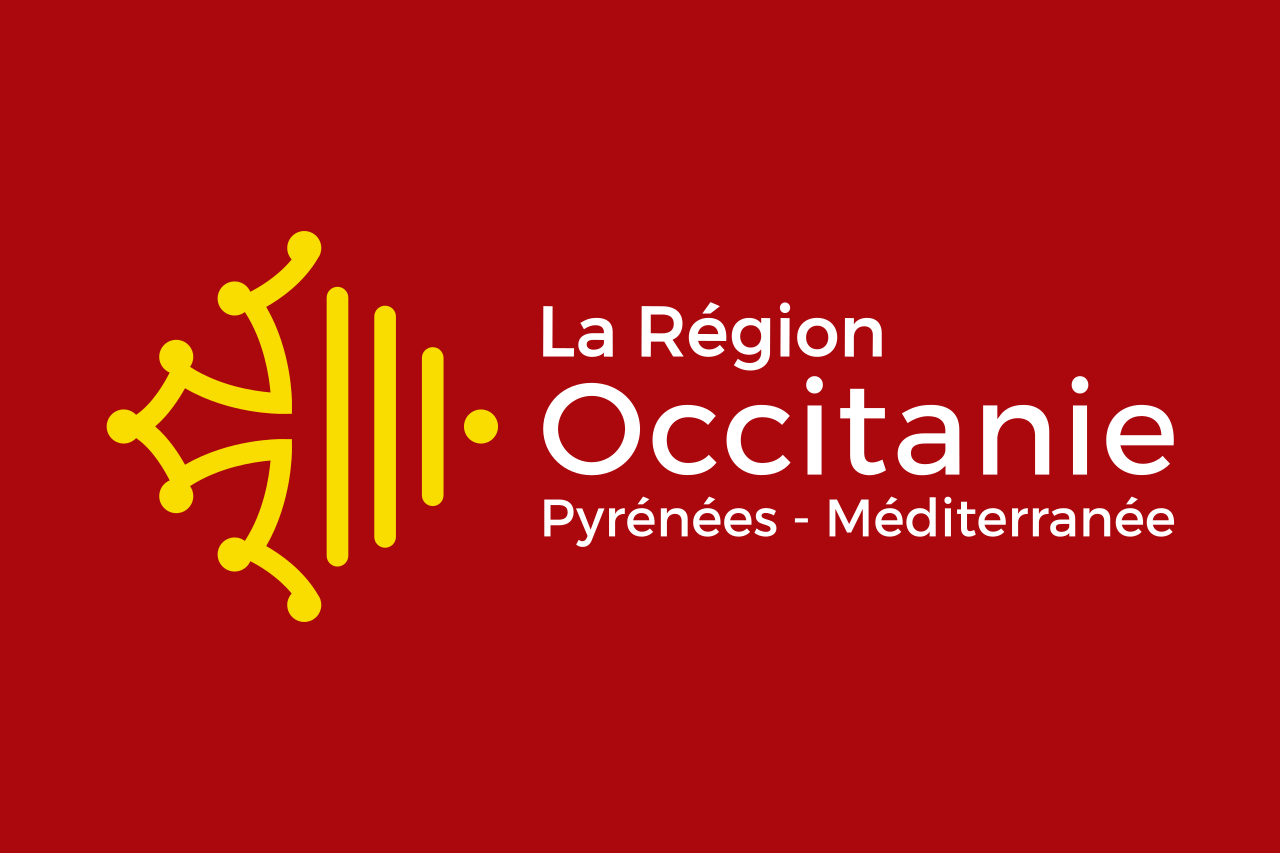 奥克西塔尼大区
奥克西塔尼大区
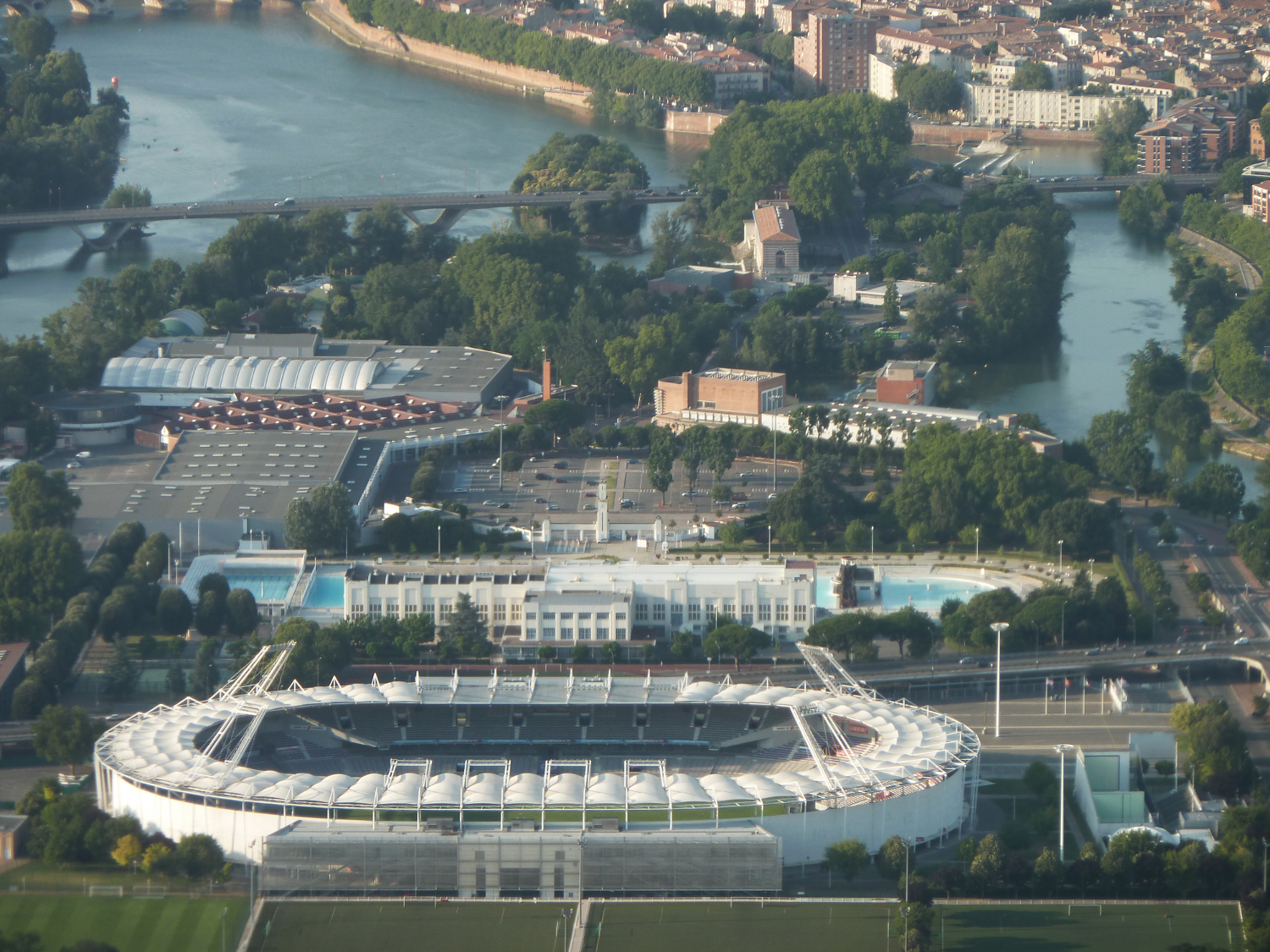
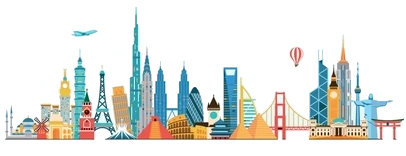 国际城市
国际城市
 历史
历史

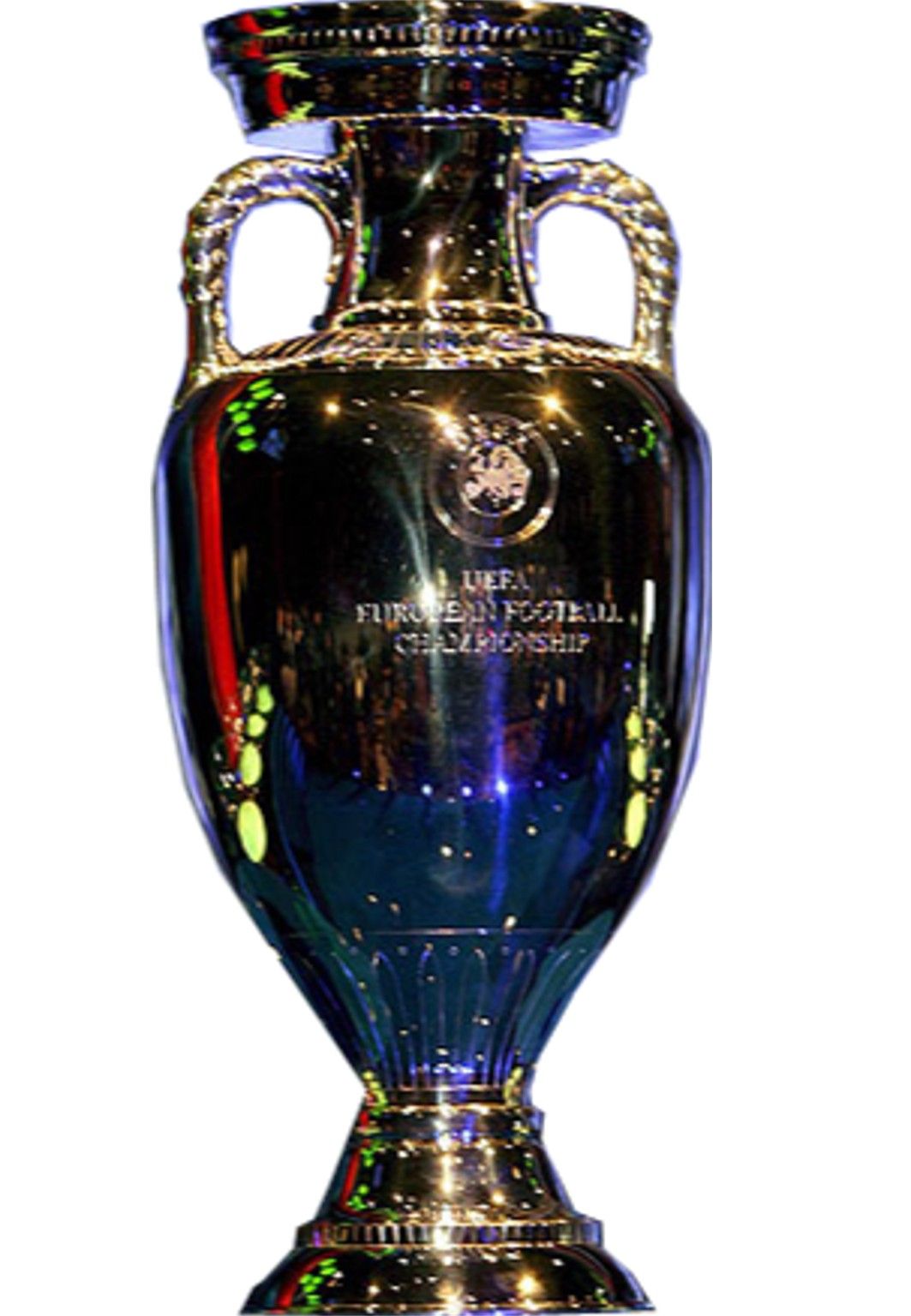
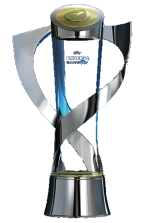
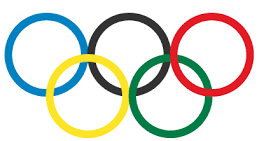 (1980 Tschechoslowakei)
(1980 Tschechoslowakei)


